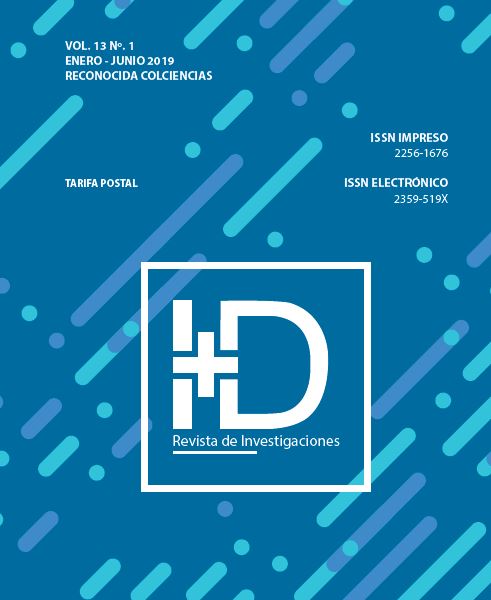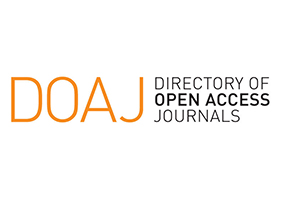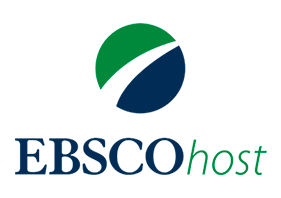Crowdsourcing como herramienta de participación colectiva en la creación de modelos educativos. Estudio de caso del Centro Latinoamericano del Propósito
DOI:
https://doi.org/10.33304/revinv.v13n1-2019011Palabras clave:
Modelo Educativo, Crowdsourcing, Educación, Innovación, CLAP.Resumen
El Centro Latinoamericano del Propósito diseñó el modelo educativo de su Programa Especializado en Liderazgo y Gestión Social, a través de una estrategia de crowdsourcing, lo que permitió generar una metodología que respondiera directamente a las necesidades de la sociedad latinoamericana. Para ello, se conformó un equipo de diez adultos jóvenes de países, edades y profesiones diversas, que tras un proceso de cocreación de tres meses produjeron el plan de estudios para el Programa Especializado en Liderazgo y Gestión Social. El presente artículo analiza la aplicación empírica del crowdsourcing en el diseño de modelos educativos. Concretamente, describimos el proceso de implementación de esta estrategia en el Programa Especializado en Liderazgo y Gestión Social del Centro Latinoamericano del Propósito, CLAP. Asimismo, planteamos una amplia discusión acerca de la utilidad del crowdsourcing como una nueva herramienta para generar innovación en temas de interés público y social a partir de la colaboración colectiva.Descargas
Citas
Brabham, D. C. (2008). Crowdsourcing as a model for problem solving: An introduction and cases. Convergence, 14(1), 75–90.
Cerezo, M. G., & Martín, J. B. A. (2012). Crowdsourcing. La base social como fuente de creatividad en contextos de crisis. Creatividad y Sociedad: Revista de La Asociación Para La Creatividad, (18), 1–29.
Estellés-Arolas E. & González-Ladrón-de-Guevara, F. (2012) “Towards an integrated crowdsourcing definition”. Journal of Information science, 38(2), pp. 189-200
Geiger, D., Seedorf, S., Schulze, T., Nickerson, R. & Schader, M. (2011). Managing the crowd: Towards a taxonomy of crowdsourcing processes. In AMCIS. Proceedings of the Seventeenth Americas Conference on Information Systems, Detroit, Michigan August 4th-7th 2011.
Geiger, D., Seedorf, S., Schulze, T., Nickerson, R. C., & Schader, M. (2011). Managing the Crowd: Towards a Taxonomy of Crowdsourcing Processes. In Proceedings of the Seventeenth Americas Conference on Information Systems, Detroit, Michigan August 4th-7th 2011. AMCIS.
Hosseini, M., Phalp, K., Taylor, J. & Ali, R. (2014). The four pillars of crowdsourcing: A reference model. Research Challenges in Information Science (RCIS), 2014 IEEE Eighth International Conference on (pp. 1-12). IEEE.
Howe, J. (2006a), “The Rise of Crowdsourcing”. Wired, 14(6). Retrieved 15 November 2011, from http://www.wired.com/wired/archive/14.06/crowds.html
Howe, J. (2006b), “Crowdsourcing: A Definition”, Crowdsourcing: Tracking the Rise of the Amateur. (weblog, 2 June), Retrieved 15 November 2011. From http://crowdsourcing.typepad.com/cs/2006/06/crowdsourcing_a.html
Kalpic, B., & Bernus, P. (2006), Business process modeling through the knowledge management perspective. Journal of Knowledge Management, 10(3): 40-56.
Kleemann, F., Voß, G. G., & Rieder, K. (2008). Underpaid Innovators: The Commercial Utilization of Consumer Work through Crowdsourcing. Science, Technology & Innovation Studies, 4(1), 5–26.
Lusch, R.F., Vargo, S.L., & Tanniru, M. (2010), “Service, value networks and learning”. Journal of the Academy of Marketing Science, 38: 19-31.
O’Neill, G. (2015). Curriculum Design in Higher Education: Theory to Practice, Dublin: UCD Teaching & Learning. ISBN 9781905254989 http://www.ucd.ie/t4cms/UCDTLP0068.pdf. Also available from UCD Research repository
at: http://researchrepository.ucd.ie/handle/10197/7137
Poetz, M. K., & Schreier, M. (2012). The Value of Crowdsourcing: Can Users Really Compete with Professionals in Generating New Product Ideas? Journal of Product Innovation Management, 29(2), 245–256. https://doi.org/doi:10.1111/j.1540-5885.2011.00893.x
Schenk, E., & Guittard, C. (2011). Towards a characterization of crowdsourcing practices. Journal of Innovation Economics & Management, 1(7), 93–107.
Schuurman, D., Baccarne, B., De Marez, L., & Mechant, P. (2012). Smart ideas for smart cities: investigating crowdsourcing for generating and selecting ideas for ICT innovation in a city context. Journal of Theoretical and Applied Electronic Commerce Research, 7(3), 49–62.
Simanca, F. A., Porras, A. A., Garrido, F. B., & Hernández, P. C. (2017). Implementación de herramientas tecnológicas en los procesos de enseñanza- aprendizaje de los triángulos. I+ D Revista de Investigaciones, 10(2), 79–88.
Skaržauskaitė, M. (2012). The application of crowd sourcing in educational activities. Social Technologies, 2(1), 67–76.
Soto, I. O., & Rios, C. P. P. (2016). Comportamiento y experiencia de consumo desde la interconexión e interactividad de la World Wide Web: un recorrido teórico. I+ D REVISTA DE NVESTIGACIONES, 8(2), 35–45.












